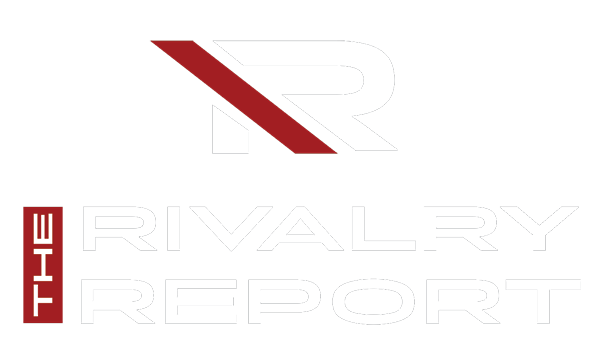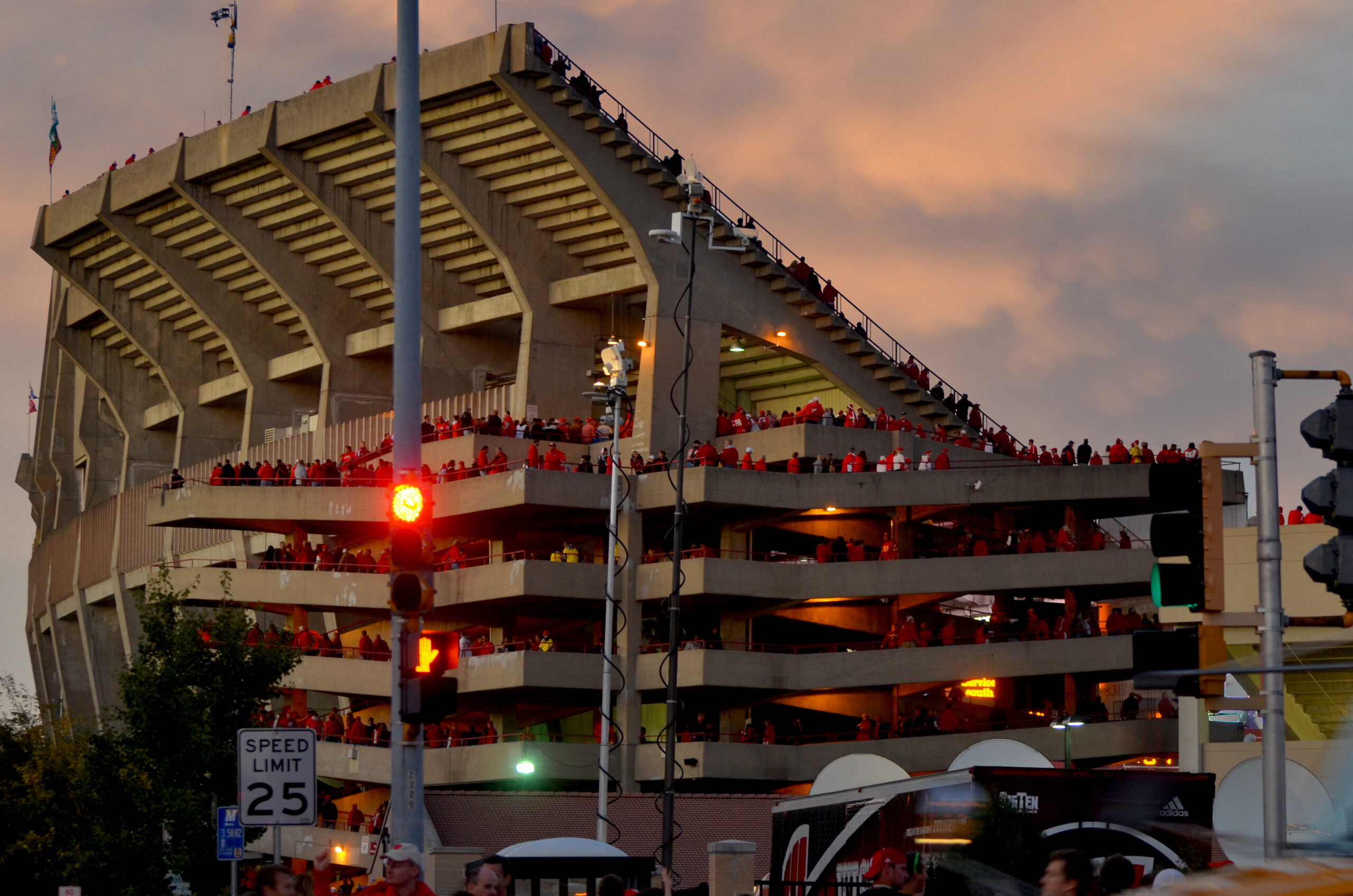The University of Wisconsin has filed a first-of-its-kind lawsuit accusing the University of Miami of tampering to nab a player bound by a Name, Image, and Likeness (NIL) contract — a case that could reshape the rules of engagement in college athletics.
The Player at the Center: Xavier Lucas
Xavier Lucas, a promising freshman cornerback, signed a two-year NIL agreement with Wisconsin in December 2024. The contract, set to begin July 1, 2025, aligned with the anticipated final approval of the House v. NCAA settlement — clearing the way for schools to directly pay athletes.
Wisconsin also arranged for Lucas to receive interim NIL compensation through its collective, VC Connect. The intent was clear: Lucas was part of the program’s long-term plans, both on and off the field.
The Transfer That Didn’t Follow Protocol
In late December, Lucas asked to enter the NCAA transfer portal, citing a serious illness in his family. Wisconsin, pointing to his binding NIL contract, declined to process the request.
Rather than wait for resolution, Lucas unenrolled from Wisconsin and enrolled at the University of Miami in January 2025 — without going through the portal process.
Allegations of Tampering
According to the lawsuit filed in Wisconsin state circuit court, Miami didn’t just benefit from the move — it engineered it. Wisconsin claims that a Hurricanes staff member and a well-connected Miami booster met with Lucas and his family shortly after his NIL deal was signed. Financial offers were allegedly made, despite Miami’s full knowledge of the existing contract.
The lawsuit accuses Miami of “tortious interference” and seeks damages as well as a ruling that the Hurricanes’ actions amounted to tampering.
Why This Case Matters
This isn’t just about one player. It’s a test case for how NIL contracts are enforced — or not — across schools and conferences. It could also have serious implications for how athlete transfers are handled in the new NIL era.
The Big Ten has backed Wisconsin’s position, calling the lawsuit a critical stand for honoring contracts and protecting competitive fairness.
The Pushback from Lucas’s Camp
Lucas’ attorney, Darren Heitner, has fired back. He says Wisconsin didn’t follow NCAA rules by delaying entry into the portal and that Lucas hadn’t been paid any NIL money, making the contract unenforceable.
His argument hinges on process and timing: if Wisconsin didn’t uphold its end, the contract may be void.
What Comes Next
The court’s decision could shape how schools nationwide structure NIL agreements and deal with transfers going forward. It also puts athletic departments on notice: binding NIL contracts may soon carry real legal weight.
The case is one of the first real tests of the post-House college sports world — and the outcome could be a legitimate game-changer.

